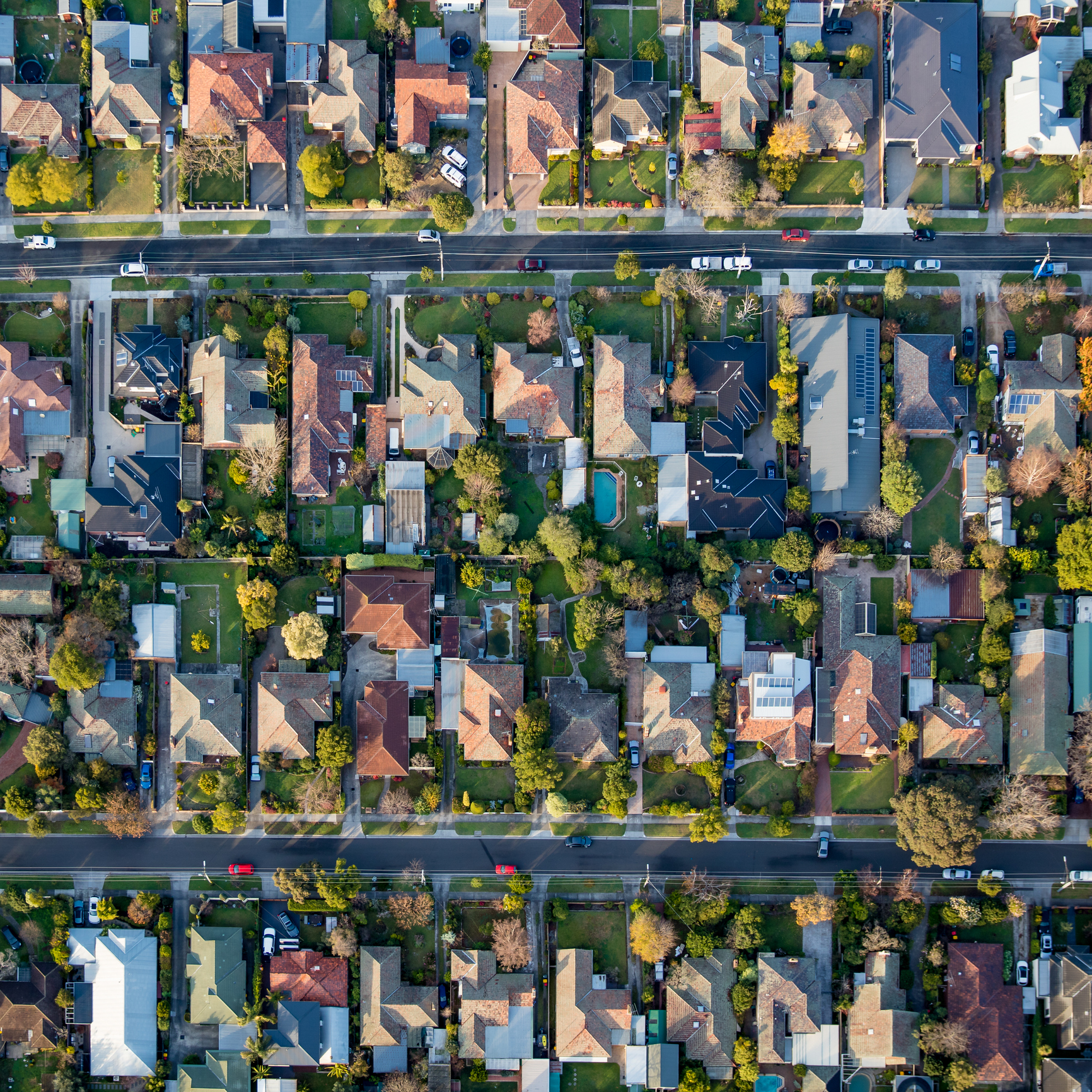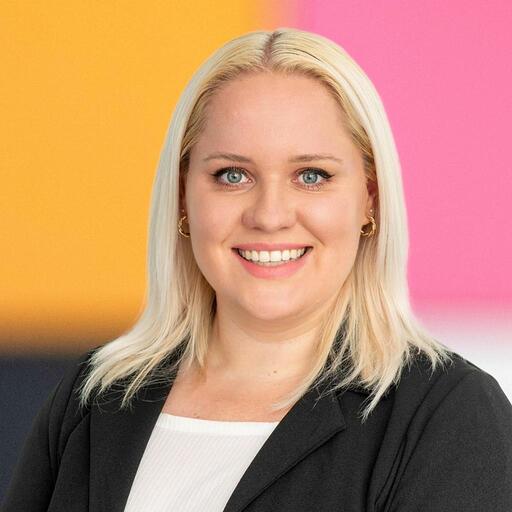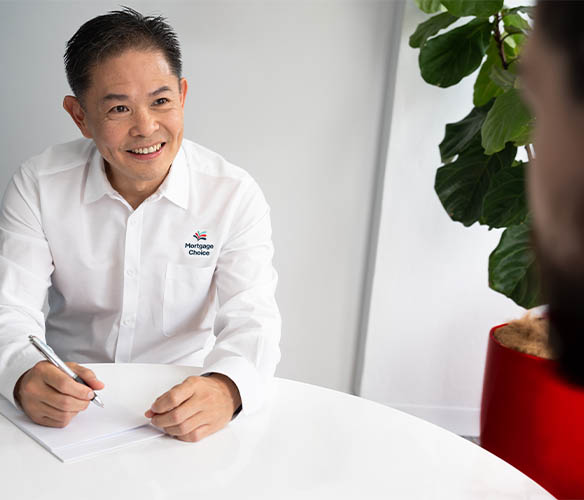Federal budget 2025: What it means for borrowers and lenders
In a last-ditch attempt to impress ahead of the federal election, the Albanese government has extended an olive branch to Australian homeowners with offerings it hopes will address pain points amid the ongoing cost of living crisis.
Prospective homeowners, mortgage holders and lenders across the nation were handed the government’s most impactful budget offering over the weekend, with the announcement of the extension of the Help to Buy scheme.

Presenting his budget address, treasurer Jim Chalmers also confirmed a $21 billion investment to ramp up its new housing supply – welcome news for property hunters and market competition.
Help to Buy house price and income cap changes
Smaller mortgages and 2% deposits are on the horizon with the Help to Buy scheme, which is set to open at the end of this year.
Dr Chalmers tonight confirmed the government is earmarking $800 million to lift the property price and income caps to widen eligibility.
“This is part of our efforts to help more Australians buy a place of their own,” he said.
'How interest rate cuts affect the property market': youtube.com/mortgagechoice
Single applicants eligible for the scheme – which will see the government provide a contribution of up to 40% – can be earning up to $100,000 a year. This is a $10,000 increase on the former cap.
REA Group executive manager of economics Angus Moore said the offering was a welcome one.
“Saving up a deposit can be a real constraint to home ownership,” he told Mortgage Choice. “The Help to Buy scheme will allow some first-home buyers to purchase sooner than they otherwise might.”
While couples who applied were initially told a $120,000 joint income cap would determine eligibility for one of the 10,000 open spots on the scheme, the $800 million injection into the scheme lifts this to $160,000.
“This will help 40,000 Australians buy their first home in the next four years,” Dr Chalmers said. “The changes will mean they can access a bigger range of homes and buy one that suits them.”

Prime minister Anthony Albanese is expected to call the election in the coming days. It must take place before 17 May. Picture: News Corp Australia
New price caps tied more closely to current property prices are another change, giving prospective buyers in pricier areas a slice of the pie and broadening competition away from cheaper states and territories.
Mr Moore said the higher thresholds will mean a lot more homes are eligible for the scheme than previously.
“Higher income bands will also expand availability to more first-time buyers than before,” he said.
Buyers looking for a property in Sydney on the Help to Buy scheme will need to stick to a budget of $1,300,000. Buyers in Melbourne have the second-highest cap at $950,000, which is almost $200,000 above the average price of a home in Australia’s now fifth most expensive capital.
The new caps will allow property hunters in Canberra and Brisbane to spend a healthy $1,000,000, while a $900,000 limit has been set for Adelaide and a $850,000 cap is confirmed for Perth.
'What the 2025 federal budget means for the property market": youtube.com/mortgagechoice
Those looking for a property in Hobart can get the government contribution on a property worth a maximum of $700,000, while those in Darwin can spend up to $600,000.
While the figures look generous next to current median property prices, Mr Moore warned the offering would likely not go as far as expected.
“With mortgage rates still quite high and housing affordability at very challenging levels, actually servicing a mortgage is a real constraint for many,” he said.
Home ownership offerings
A total of $21 billion has been committed to housing supply in the budget – a pledge Dr Chalmers says will “make home ownership more affordable for young Australians and young families in particular”.

Treasurer Jim Chalmers says Australia is recovering from inflation better than other comparable economies. Picture: News Corp Australia
The first round of the government-backed Housing Australia Future Fund will see 18,000 affordable homes delivered, while $1.5 billion has been committed to governments on every level to improve associated planning capacity and infrastructure needed.
“Improving affordability has to be about supply,” Mr Moore stated. “Particularly, building more homes where people want to live.”
Foreign buyer ban cost revealed
The recently-announced foreign buyer ban, which is set to come into play next Tuesday, was also a key focal point of Dr Chalmers’ budget calculations.
“We are easing pressure on the housing market by banning foreign investors from buying established homes, and cracking down on foreign land banking as well,” he said.
A total $5.7 million will be provided to the Australian Taxation Office to help with enforcement work, alongside a further $8.9 million for targeting land banking by foreign buyers. The treasurer confirmed the latter will help make sure any vacant land is put to productive use.
Under the ban, overseas buyers will not be able to purchase existing dwellings until after April 2027.
Where will the money come from?
Dr Chalmers’ acknowledges the global economy is both “volatile and unpredictable” as the Labor government prepares to splash the cash, with budget papers showing a measly 3.25% of growth is all that is expected over the next three years.
This represents the slowest growth for the global economy since the 1990s, meaning whichever party takes the top seat in Canberra from May can be assured lavish spending should stay off the cards.
Prime minister Anthony Albanese is expected to call this year’s federal election in the coming days. It must take place before 17 May.



